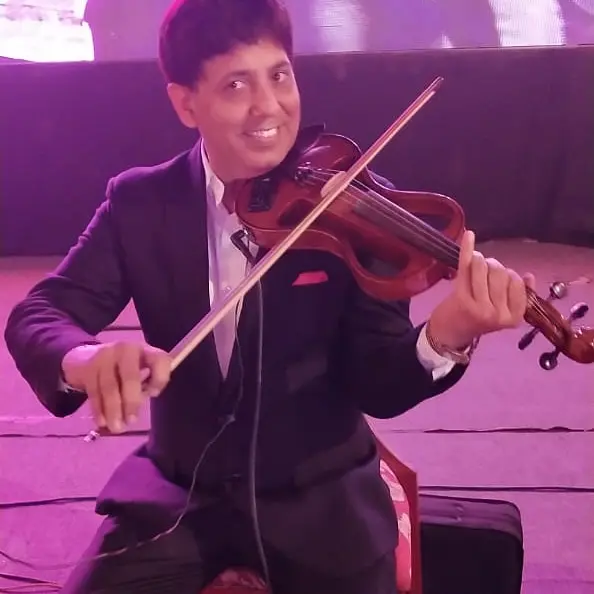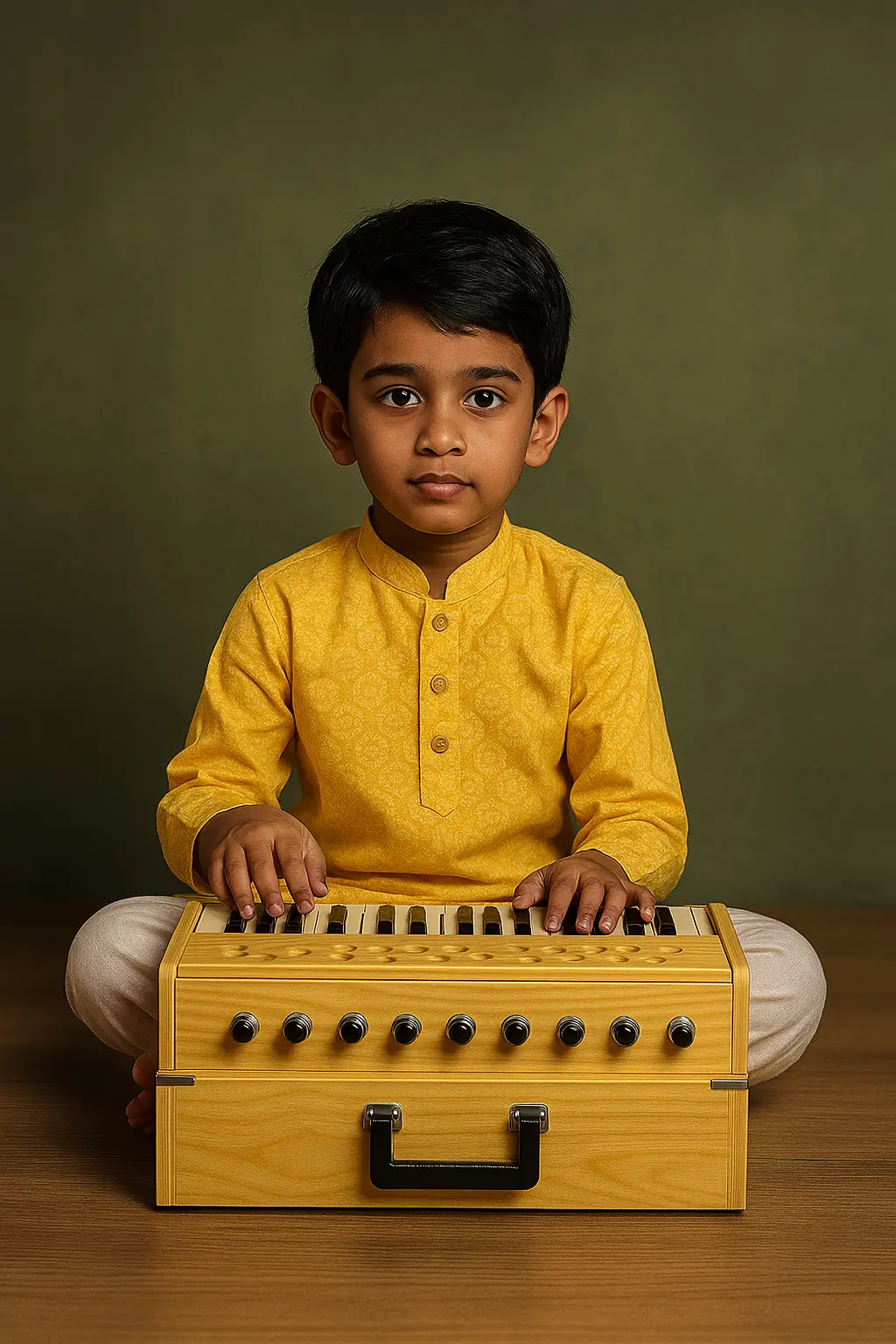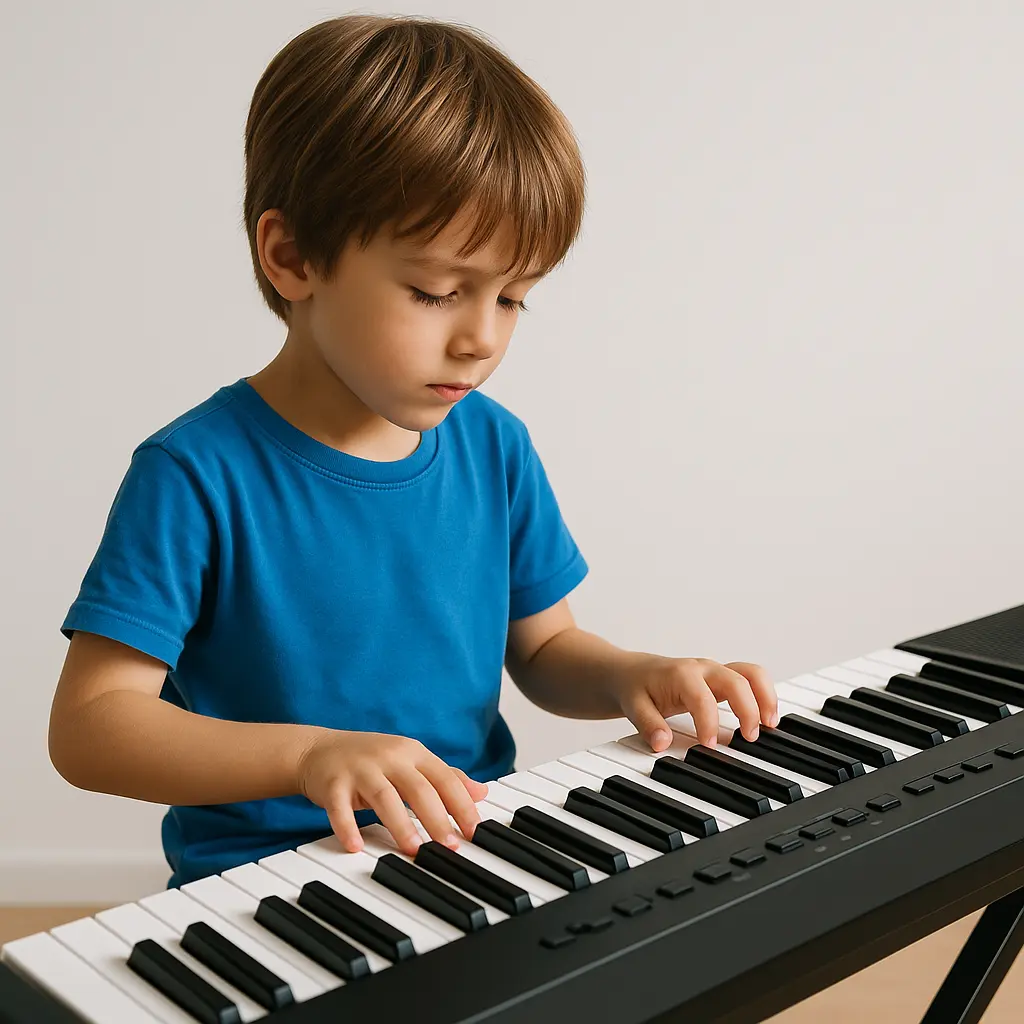
Discrimination Between Subjects in Schools: My Experience
There are several small but significant instances that made me realize that discrimination exists between academic subjects.
Once, a student entered my class five minutes late. I asked, "Why are you late?" He replied, "Ma'am stopped me to help with something." I told him, "No problem, have a seat. If you’ve missed any notes, catch up with your classmate."
I believe that if a student is late because they were honestly in another teacher’s class, it’s not a mistake — they deserve support, not punishment.
But when the situation is reversed — if a child is five minutes late for a math or science class because of music — the same child is scolded, mocked, and sometimes even humiliated in front of the class.
In some cases, they aren’t even allowed into the classroom, wasting an entire period. They are told:
"You’re always busy with singing and music. Will you ever study properly?"
It's Not About the Subject — It's About the Ego
In my experience, this isn’t just about subjects. It’s about ego. Some teachers don’t see that the child wasn’t skipping class, just attending another one responsibly. As responsible educators, our duty is to support the student, not find faults.
If one teacher is supportive and another is harsh in the name of discipline, the child’s creativity and confidence suffer, not just their mindset.
Music Teachers Are Teachers Too
I’ve observed that music teachers are often treated as less important than those teaching mainstream subjects. I was even excluded from staff meetings, academic planning, or decision-making processes — as if I were just an outsider.
But I never compromised on my self-respect. I stood my ground and made it clear that a music teacher is just as important as any other educator. It wasn’t easy, but it was possible. I’ll share how I earned that respect in the next blog.
Yet the same music teacher who’s ignored is suddenly remembered during annual functions, when they decorate the stage, train students, and bring glory to the school.
So the real question arises:
Are music teachers only meant for events? Is their contribution just “entertainment”?
The Wrong Message We Send to Children
When we send the message that music or arts are not “serious” subjects, we suppress children’s creative thinking. They begin to fear that pursuing music might not be socially acceptable.
I believe that if a child excels in math, they should be encouraged. But if they are gifted in tabla, guitar, or singing — they deserve the same level of appreciation and support.
Conclusion: The Change Must Start With Us
I am proud to be a music teacher. The respect I’ve earned in life has come through the power of melody. But when I look at the school environment, it saddens me.
We need to change the mindset in schools where discrimination based on subjects affects both students and teachers. As long as we treat music and arts as just “supporting subjects,” we will keep limiting children's potential.
Change begins with educators like us — who recognize and nurture every child's talent, no matter the subject.
📖 Click here to read the previous blog. https://www.deckm.in/blog/blog-1/why-is-music-neglected-in-indian-schools-12


